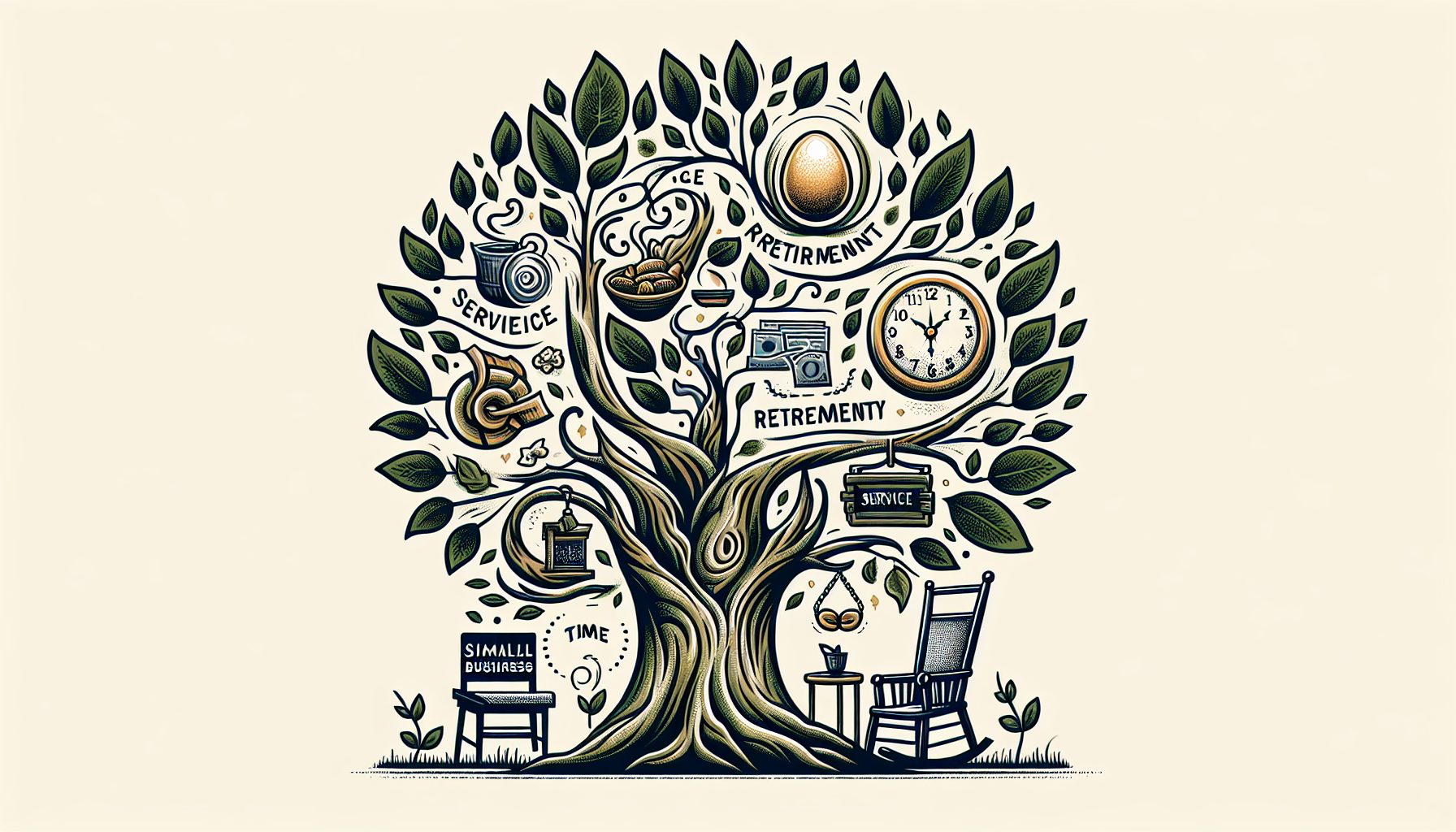CHICAGO (Reuters) – The credit crunch driven by the U.S. housingcrisis appears to have hit another engine of the American economy –small businesses.
After years of fast and loose lending, major banks have beguntightening standards for loans to small businesses — often describedas the backbone of the jobs market. That is making it harder to gainfunding for anything from buying equipment to hiring new workers.
"We’ve been concerned about this for some time, but things arereally beginning to deteriorate," said Todd McCracken, president of theNational Small Business Association (NSBA).
Many small businesses are seen heading for trouble because they usedhome equity loans to fund their businesses during the housing boom,saddling themselves with too much debt in the process.
With home prices dropping, some small business owners are now left with properties worth less than the money they owe the banks.
"Businesses have taken on large amounts of debt over the pastseveral years, which they are probably having trouble refinancing sincebanks are tightening their lending standards," said Carol Kaplan, aspokeswoman for the American Bankers Association (ABA).
A lot of small businesses are also seen likely to take on too much credit card debt that may ultimately push them under.
Marilyn Landis is president of Basic Business Concepts Inc (BBC), aPittsburgh company that performs the tasks of a chief financial officerfor small businesses that require more than a bookkeeper but do not yetneed a full-time CFO.
She said a lot of small companies will suffer the consequences of Wall Street’s lax lending practices.
"There are many companies out there that borrowed money againsttheir homes without a solid business plan," she said. "I’ve had to turndown potential clients who are way out of their depth with debts."
Landis added she had been planning to expand into Michigan thisyear, but is going to "take a hard look at those plans given thecurrent economic environment."
TIGHTER STANDARDS
According to the Federal Reserve’s January Senior Loan OfficerOpinion Survey — which included 56 domestic banks and 23 foreignbanking institutions — 30.4 percent of respondents said they had"somewhat" tightened lending standards on commercial and industrialloans to small, medium-sized and large firms, up from only 5.3 percenta year earlier.
"That’s a significant change," ABA’s Kaplan said.
In the same survey, 30.9 percent of banks said they had seen"moderately" weaker loan demand from small firms, up from 21.4 percenta year earlier.
Not everyone agrees that small businesses are finding it harder to gain access to loans.
"There is no credit crunch on Main Street for small businesses.Period," said William Dunkelberg, chief economist of the NationalFederation of Independent Business (NFIB).
Regular monthly NFIB member surveys show little change in respondents’ perceptions of how easy it is to obtain credit.
But Dunkelberg and the NFIB seem to be in a minority.
Alan Tonelson, research fellow at the U.S. Business and IndustryCouncil said small manufacturers are especially reliant on bankfinancing since they have only modest profits to put toward growth andare thus more likely to suffer now.
"Margins throughout manufacturing have become so thin thatreinvestable capital has dried up," he said, citing competition fromChinese producers.
"If they’re still in business after all this, chances are they’re extremely well run," he said.
Josh Frey, owner of Onsalepromos.com based in Washington, D.C., witha staff of six, said he had hoped to add about five employees annuallyfor the next several years, plus find office space capable ofaccommodating up to 25 workers.
Frey approached his lender, a "huge" national bank which he declined to name, for a $250,000 credit extension.
"They wouldn’t do the line of credit against the assets of thebusiness," Frey said. The bank wanted his home, in which he has builtup a lot of equity, as collateral.
Frey refused, wanting to keep personal and business finances separate.
"I got nothing because I wasn’t willing to collateralize it with my house," Frey said.
With access to traditional loans limited small businesses areexpected to turn to credit cards, which carry much higher interestrates.
The Fed’s 2003 Survey of Small Business Finance — conducted everyfive years — found 48 percent of small companies used business creditcards, up from 34 percent in 1998.
BBC’s Landis said she has used business credit cards to expand heroperations and has noticed her rates rising, which her banks attributeto higher credit risk in the market.
"In the coming months we’ll see a lot of companies hunkering downand choosing not to expand," she said. "Others will use credit cards tobail themselves out, which will push them further and further intodebt."
(Additional reporting by Nick Zieminski in New York; Editing by Gary Hill)
CopyrightReuters 2008. All rights reserved. Users may download and print extracts ofcontent from this website for their own personal and non-commercial use only.Republication or redistribution of Reuters content, including by framing orsimilar means, is expressly prohibited without the prior written consent ofReuters. Reuters and the Reuters sphere logo are registered trademarks ortrademarks of the Reuters group of companies around the world.








